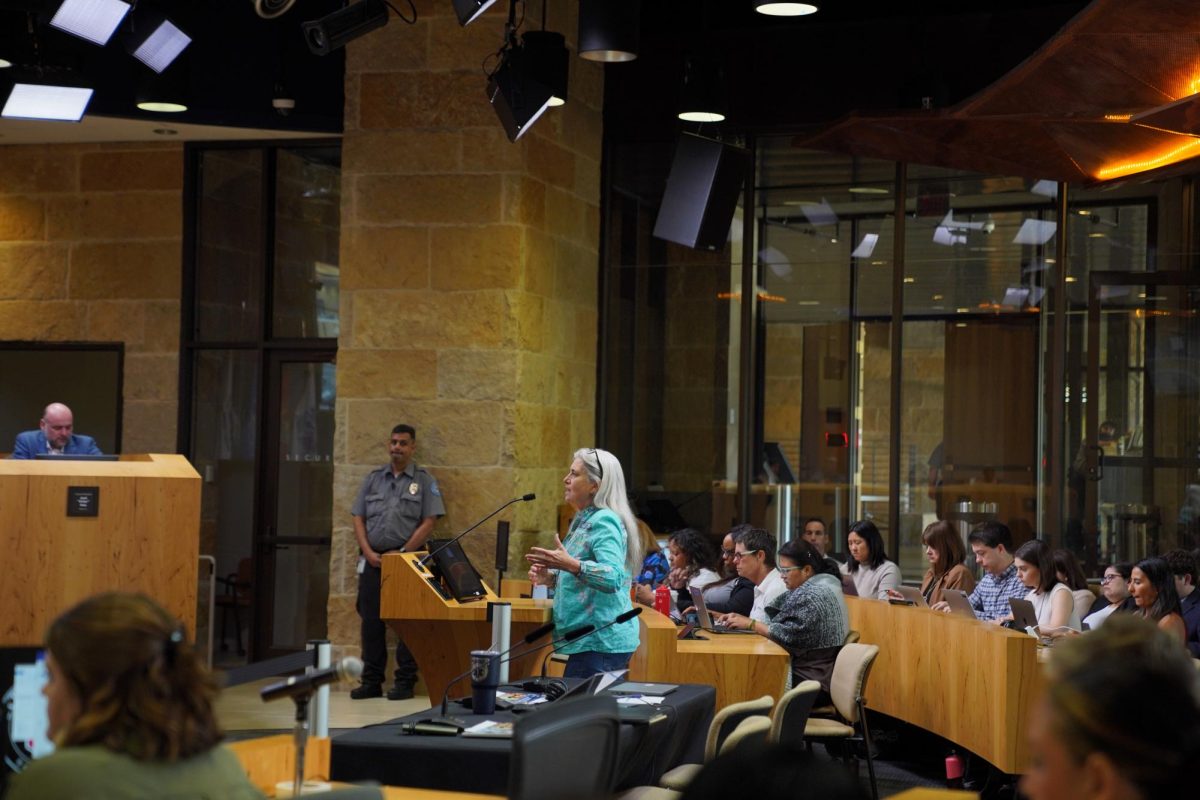In the Syrian refugee camp Za’atari, children were performing Shakespeare’s “King Lear” and painting murals as an escape from the Syrian Civil War, said Bart Pitchford, theatre and dance graduate student, during a Wednesday lecture for the Life Science Library’s “Research + Pizza” series.
These children were taught the play because people living under King Lear’s reign were displaced, and so it was relatable for the children, Pitchford said.
“The story of King Lear, when we read it against the grain, is a story of citizenship,” Pitchford said. “(King Lear) divides that territory, and now, they’re suddenly split. In many ways, King Lear is about what happens to citizenship when national borders shift, change or get erased.”
The children of the camp were allowed to paint the interior of a tent, quickly creating a mural covering the walls, Pitchford said.
“You get to see the transition that the kids have from painting all of these things about what happened to them in Syria,” Pitchford said. “You get to see the Arabic word in the corner dripping blood, but then later, as you get towards the end of these rehearsals, then you get to see all of these colors that are coming in.”
Speech-language pathology sophomore Oksana Lyon said she has participated in theater since middle school and believes it offers children the challenge of seeing life through a different set of eyes.
“I think it helps you relate to people you wouldn’t because, in acting, you might take on a completely different persona,” Lyon said. “You have to see life through the eyes of that person. Somebody who usually might not think one way is forced to because that’s how their character acts.”
As a teacher to young actors between the ages of five and 14 in his local theater, radio-television-film sophomore Matthew Rodgers said theater teaches children that mistakes are acceptable.
“In the rehearsal process, I think a lot of times kids sort of try to present this perfect view of themselves, and we try to reassure them they didn’t have to be perfect all the time,” Rodgers said. “Learning that they can make mistakes or that they can make big choices and no one will laugh at them, rather, it’s encouraged. Taking chances is encouraged in theatrical environments.”




















